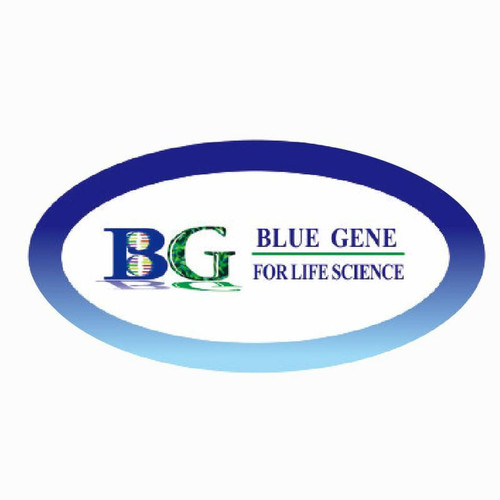Product Description
Human Blood group Rh (RHD) ELISA Kit | AE22224HU | Abebio
Species Reactivity: Human (Homo sapiens)
Abbreviation: RHD
Alternative Name: RP11-335G20.5; CD240D; DIIIc; MGC165007; RH; RH30; RHCED; RHDVA (TT) ; RHDel; RHPII; RHXIII; Rh4; RhDCw; RhII; RhK562-II; RhPI; D antigen (DCS) |RH polypeptide 2|Rh blood group D antigen|Rh blood group
Application: ELISA
Range: 3.12-200 ng/mL
Sensitivity: 1.56 ng/mL
Intra-Assay: ≤5.8%
Inter-Assay: ≤9.3%
Recovery: 0, 98
Sample Type: Serum, Plasma, Other biological fluids
Detection Method: Sandwich
Analysis Method : Quantitive
Test Principale: This assay employs a two-site sandwich ELISA to quantitate RHD in samples. An antibody specific for RHD has been pre-coated onto a microplate. Standards and samples are pipetted into the wells and anyRHD present is bound by the immobilized antibody. After removing any unbound substances, a biotin-conjugated antibody specific for RHD is added to the wells. After washing, Streptavidin conjugated Horseradish Peroxidase (HRP) is added to the wells. Following a wash to remove any unbound avidin-enzyme reagent, a substrate solution is added to the wells and color develops in proportion to the amount of RHD bound in the initial step. The color development is stopped and the intensity of the color is measured.
Product Overview: The Rh blood group system is the second most clinically significant of the blood groups, second only to ABO. It is also the most polymorphic of the blood groups, with variations due to deletions, gene conversions, and missense mutations. The Rh blood group includes this gene, which encodes the RhD protein, and a second gene that encodes both the RhC and RhE antigens on a single polypeptide. The two genes, and a third unrelated gene, are found in a cluster on chromosome 1. The classification of Rh-positive and Rh-negative individuals is determined by the presence or absence of the highly immunogenic RhD protein on the surface of erythrocytes. Multiple transcript variants encoding different isoforms have been found for this gene.
Stability: The stability of ELISA kit is determined by the loss rate of activity. The loss rate of this kit is less than 5% within the expiration date under appropriate storage condition. The loss rate was determined by accelerated thermal degradation test. Keep the kit at 37°C for 4 and 7 days, and compare O.D.values of the kit kept at 37°C with that of at recommended temperature. (referring from China Biological Products Standard, which was calculated by the Arrhenius equation. For ELISA kit, 4 days storage at 37°C can be considered as 6 months at 2 - 8°C, which means 7 days at 37°C equaling 12 months at 2 - 8°C) .
 Euro
Euro
 USD
USD
 British Pound
British Pound
 NULL
NULL








